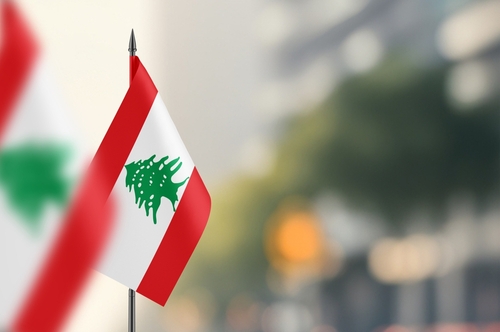Every year on November 22, Lebanese people across the globe celebrate Lebanon Independence Day. It’s a day filled with national pride, marking the country’s liberation from French rule. For many Lebanese living abroad, this day is a meaningful opportunity to connect with their heritage, share cultural traditions with their children, and stand in solidarity with their homeland.
This guide will explain the history and significance of Lebanon Independence Day 2025. We will cover the key historical events that led to independence and explore how this important public holiday is celebrated both in Lebanon and by communities around the world. Understanding these traditions helps keep the connection to Lebanon strong, no matter where you are.
A Brief History of Lebanese Independence
To fully appreciate the importance of Lebanon Independence Day, it’s helpful to understand the country’s journey to self-governance.
The French Mandate
After the fall of the Ottoman Empire following World War I, the League of Nations established the French Mandate for Syria and Lebanon in 1923. Under this mandate, France controlled the region, influencing its politics, economy, and social structures. While the mandate brought some modernization, it also suppressed the growing desire for Lebanese self-rule.
The Rise of Nationalism
Throughout the 1920s and 1930s, a strong sense of national identity grew among the Lebanese people. Leaders from different religious and political backgrounds united to demand an end to French control. One of the most prominent figures in this movement was Bechara El Khoury, who would later become the first president of independent Lebanon.
The Events of 1943
The turning point came in 1943, during World War II. With France under German occupation, its grip on its colonies weakened. Seeing an opportunity, the Lebanese parliament unilaterally abolished the mandate on November 8, 1943. This bold move led to the arrest of President Bechara El Khoury, Prime Minister Riad Al Solh, and other key cabinet members by French authorities. They were imprisoned in the Rashaya Citadel.
The arrests sparked widespread public outrage. Protests and strikes erupted across the country, uniting Christians and Muslims in a shared call for freedom. This unified resistance is a cornerstone of the independence story. Faced with intense internal pressure and persuasion from Allied powers like Great Britain, France released the officials on November 22, 1943.
This date, November 22, is now celebrated as Lebanon Independence Day, symbolizing the birth of a sovereign nation built on unity and perseverance.
How is Lebanon Independence Day Celebrated?
Celebrations for Lebanon Independence Day are a vibrant display of national pride, both inside Lebanon and within the global diaspora.
Celebrations in Lebanon
In Beirut, the nation’s capital, the day is marked with official ceremonies. The main event is a large military parade, usually held in the city center. The President of Lebanon, alongside other high-ranking officials, presides over the parade, which showcases the Lebanese Armed Forces.
Public buildings and streets are decorated with the Lebanese flag, which features the iconic green cedar tree—a symbol of peace, longevity, and resilience. Schools often organize special events and lessons about the country’s history, helping to instill a sense of national pride in the younger generation. In the evening, many cities light up the sky with fireworks.
Celebrations Around the World
For the millions of Lebanese living abroad, Independence Day is a powerful way to maintain cultural ties. Communities in countries like the United States, Canada, Australia, and Brazil organize their own festivities.
These celebrations often include:
- Flag-raising ceremonies at community centers or local city halls.
- Cultural festivals featuring traditional Lebanese food, such as tabbouleh, hummus, and kibbeh.
- Dabke performances, a traditional folk dance that brings people together.
- Family gatherings where stories are shared and national songs are sung.
These events provide a sense of community and allow younger generations to learn about their rich Lebanese heritage.
A Day of Unity and Reflection
Lebanon Independence Day is more than just a historical date; it is a reminder of what the Lebanese people can achieve when they stand together. The events of 1943 showed that unity across different communities was the key to achieving sovereignty.
Today, the holiday serves as a day of hope and reflection. It’s a time for the Lebanese people to honor their past struggles, celebrate their cultural identity, and look forward to a peaceful and prosperous future. For those sending support back home, this day reinforces the strong bond that connects them to their loved ones and their homeland.
Whether you’re celebrating with a grand parade in Beirut or a small family meal abroad, Lebanon Independence Day 2025 is an opportunity to honor the resilience and spirit of the Lebanese people.
